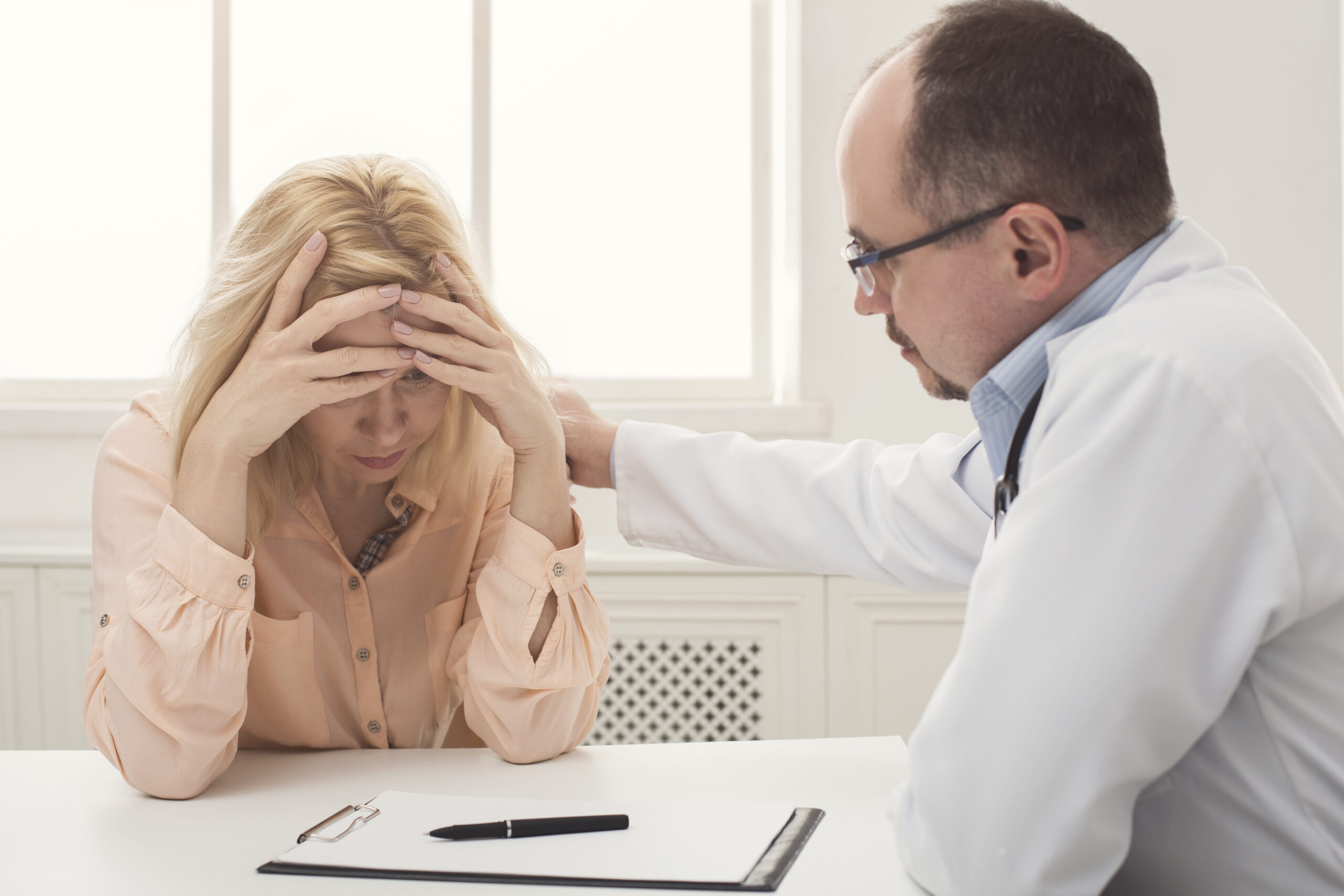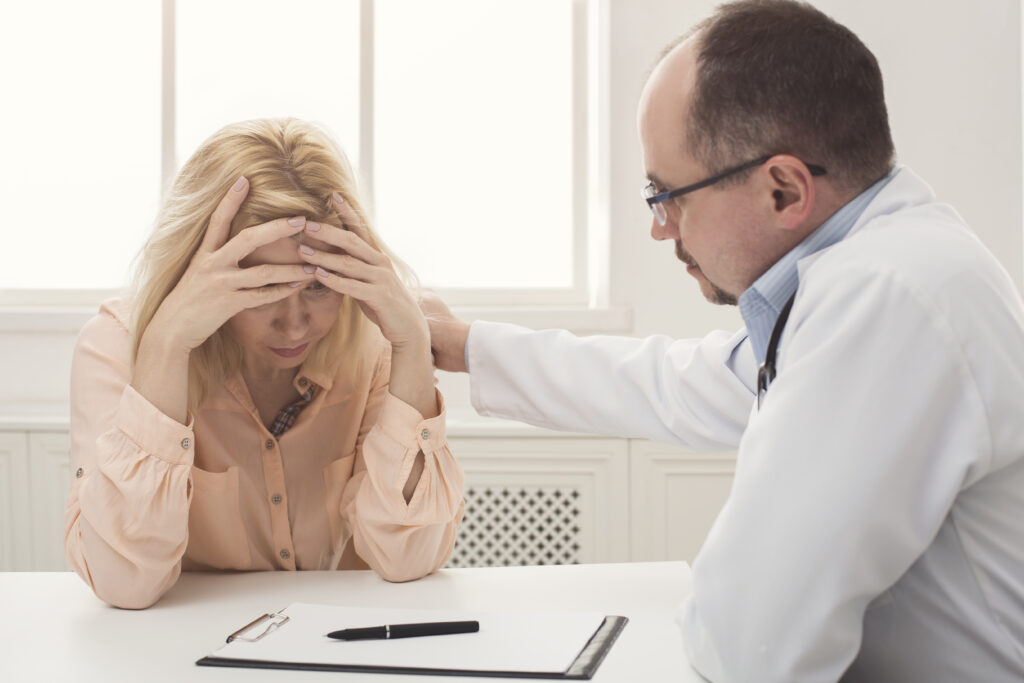A relapse is absolutely nothing to be ashamed of. If you’re in the healing process and return to drugs temporarily, know that is perfectly normal. Anyone can experience a relapse at any time. Addiction is a powerful mental illness and it is difficult to break, which is why relapses are so common and often expected on the road to recovery. In fact, the Journal of the American Medical Association reports that 40% to 60% of individuals with substance abuse disorders who get treatment will relapse within 1 year.
Knowing how common it is, it’s good to be prepared. If you do experience a relapse, we at Direct2Recovery want you to be ready to recover from it.
Change Your Mindset
When many people relapse, they feel as if they’ve failed. You have not failed. Change your mindset to view a relapse as a setback, not a failure. Just because you’ve taken drugs again, this does not mean that all of your hard work has been for nothing. We like to compare it to a diet. Does having a cheat day set you back to your original weight? No! While drug use and diets are very different, the same principle applies. If you’re still following your treatment plan and happen to relapse, it does not take you back to square one. Think of it like this: you have a dog that has a leg injury. They’ve not needed their dog ACL brace for years, but suddenly, they start limping again. You don’t blame them for this; it’s something that happens and something they relied on in the past. Your addiction is the same way. You relied on it. You needed it. It’s only natural to want to rely on it again.
By viewing your relapse as a mistake or a slip up rather than a personal failure, it’ll be easier to get back on the horse and back on the path of recovery.
Reflect on Your Relapse
It’s important to think about what happened so you can be ready if you’re in that situation again.
There were likely a variety of factors that led to your relapse. When something leads you to relapse, it’s known as a trigger. Ask yourself the following questions:
- Have I been spending time with the wrong people?
- Have I been participating in negative self-talk?
- Have I been letting my physical health slip?
- Have I been letting my mental health slip?
- Have I been putting off responsibilities?
- Have I been getting too relaxed with my recovery efforts?
By asking yourself these questions, it’ll be easier to pinpoint what led you to relapse.
However, don’t dwell on your relapse for too long. We understand that it’s hard not to linger on negativity, but dwelling on a relapse can lead to more stress and depression. Both of those are likely to trigger another relapse.
Get Support
Whether it’s through a therapist, an AA sponsor, substance abuse counselor, or family member, it’s very important that you have support after your relapse. A loved one or trained professional can help you change your mindset and move through the emotional trauma that comes with a relapse. It’s a lot easier to get back on the right track when you’re not alone too.
Research shows that positive social support can decrease your chances of relapsing too. Just take a deep breath and reach out. We promise it will help.
Consider Returning to Treatment
If you’ve successfully graduated from treatment or stopped going all together, you should consider returning to treatment after a relapse.
Returning to treatment does not mean that you’ve failed. It’s actually very common for people to need several rounds of treatment before they’re able to beat their addiction on their own. A relapse just means you may need a refresher on how to deal with your triggers and how to cope. There is nothing shameful about that.
If you’ve gotten used to your freedom and feel like the outside world has been a positive influence on your recovery, then you may want to consider an outpatient treatment program instead of an in-patient clinic or hospital.
Make the Right Changes
To fully recover, you need to make sure you’re taking the right steps and making the right changes. This means following through on what you’ve learned from your relapse, listening to advice from loved ones and professionals, and acting on it. Be proactive instead of reactive to help lower the risk of another relapse happening again.
This means you may have to change your lifestyle to avoid the negative trigger. You may need to stop seeing certain friends and people, actively search for a new job, or find healthy outlets for stress such as painting or working out.
The more concrete steps you can take, the easier it’ll be to bounce back from your relapse.
Finally, Forgive Yourself
You may feel guilt, shame, and depression after relapsing. That’s common, but you have nothing to be ashamed about. To truly move on and get back on track, you need to accept that mistakes happen. You need to forgive yourself.
Take a deep breath and acknowledge that you made a mistake. Feel everything that comes with that thought and accept those emotions. This will help you let go of those negative emotions and turn them into something positive: motivation and discipline.
Make the necessary changes, as said in the previous section, and learn to move on.
Finally, when you’re ready, forgive yourself for the relapse. Accept that it happened and continue to push forward to a better tomorrow. We believe in you. You can do it.





